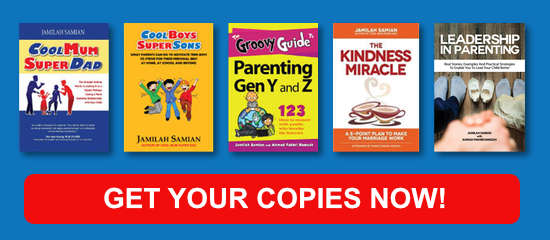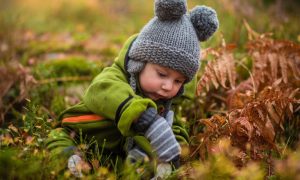Every community has certain ways of raising their young. On this note, since early this year, my husband and I have been traveling to touch base with different communities in Muscat, Dubai, Amman, Adelaide and Perth. We were keen to discover parenting secrets so that others could learn about them too. We were looking for things that you can’t read online and found them we did.
In Dubai UAE we learnt that the youngest child is to serve guests hot tea or coffee in the presence of elders. It is a deliberate practice, so that the child learns to be respectful towards elders, and gets the opportunity to listen to adult conversations to grow his intelligence and wisdom, apart from expanding his vocabulary. Arabic, by the way, is an ultra rich language. A word in Arabic may contain an entire phrase or sentence in English. It doesn’t matter if the child’s friends are asking him to play with them outside. A child is expected to do this as soon as he is able to hold the tea or coffee pot and pour the drink into a tiny cup.
In Muscat, Oman, we spoke to a mother of seven, who is a fulltime engineer. She shares how each of her children takes turns to research different topics, and then present the insights of his or her research before the entire family. The night of the interview, her 12-year-old child was to present her take on the topic “Making Fun Of Others”. This practice is unique to this family, however.
In Amman we spoke to locals who shared the custom in a particular area where, if your vehicle broke down on the street, villagers will come forward to help you fix it. Plus, (this is the big part) chances are the Good Samaritan will invite you to their home where you’ll be fed. I have read about this online, but I thought it was too good to be true until a local insisted it was true.
So much negativity is reported online; one wonders if that’s the norm. But I truly believe there are good people everywhere no matter where they come from, something I learnt growing up.
In the 70’s when housebreaking was almost unheard of and the “No Salesman Allowed” sign was non-existent in my village, every now and then a pedlar would turn up. The front door of my parents’ home then was almost always open in the day. One blistering afternoon, a heavily pregnant young woman arrived with a bundle of clothes balanced delicately on her head. God knows how many miles she had trodden. The first thing my mother said was, “Get her some water!”
I went to the kitchen as fast as I could and gave it to the lady; she finished it in one gulp. This was my mother’s trademark every time a pedlar came. It’s okay if you don’t buy anything from them, but you must at least treat them to a little kindness, a glass of water. It’s not just my mother. People in my village used to treat others with kindness, even if they were complete strangers.
The past winners of the Global Teacher Award also embody acts of kindness. A brainchild of the Varkey Foundation, its message is simple: teachers matter. The winner gets USD1 million. Last year, it was a teacher from Palestine who wowed judges with her winning ways of engaging children in the classroom, so kindness becomes a way of life for them. These are no ordinary children; they witnessed plenty of violence.
This year the winner is a teacher from The Arctic who turned children from “problems” into “solutions” by making them engage with the community via a community kitchen, suicide prevention training and securing jobs for the students at the local daycare centre, to name a few. As a result, troubled teens in her school were transformed into positive, motivated individuals. As Mark Twain said, “Kindness is a language that the deaf can hear and the blind can see.”









